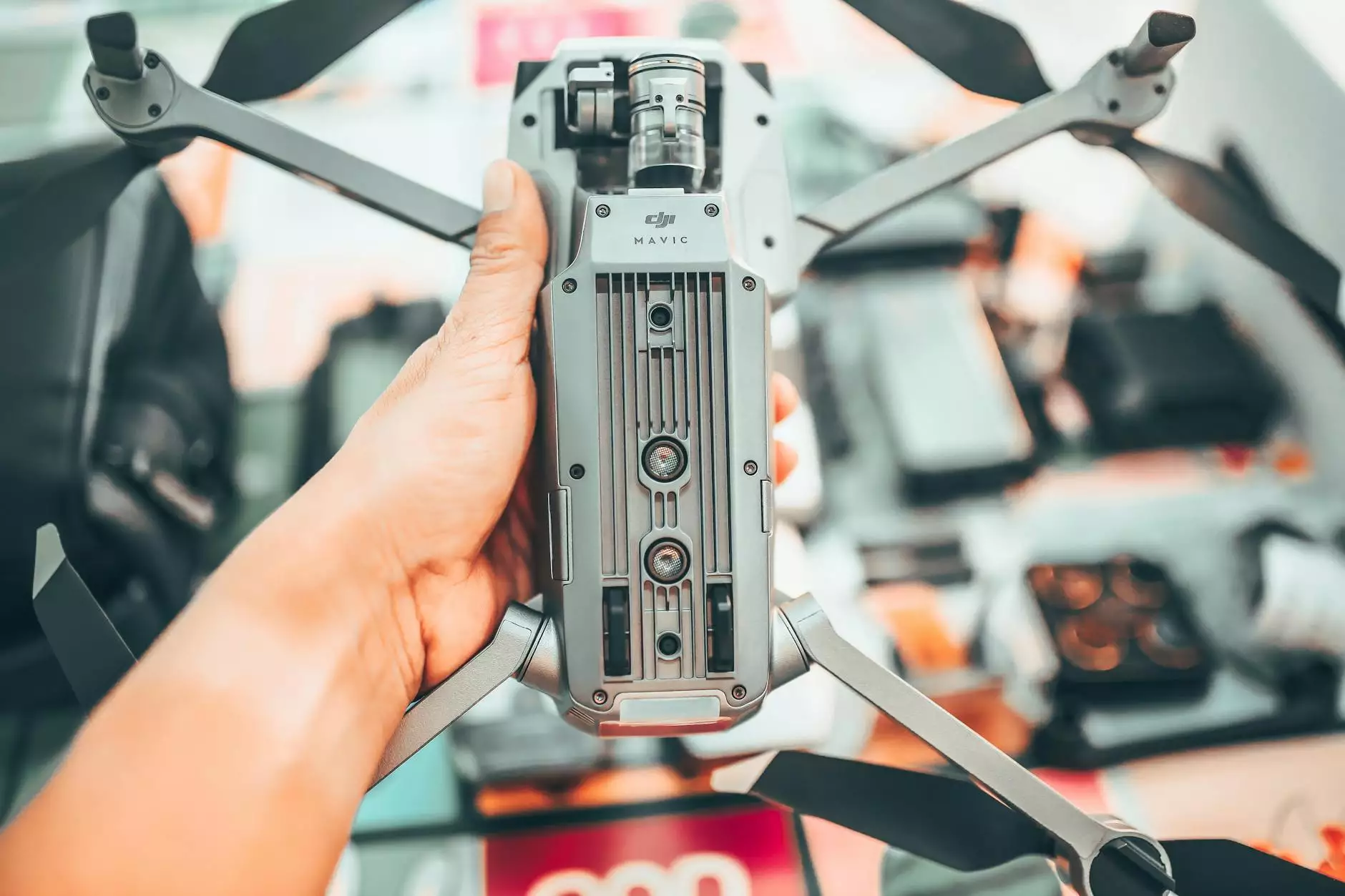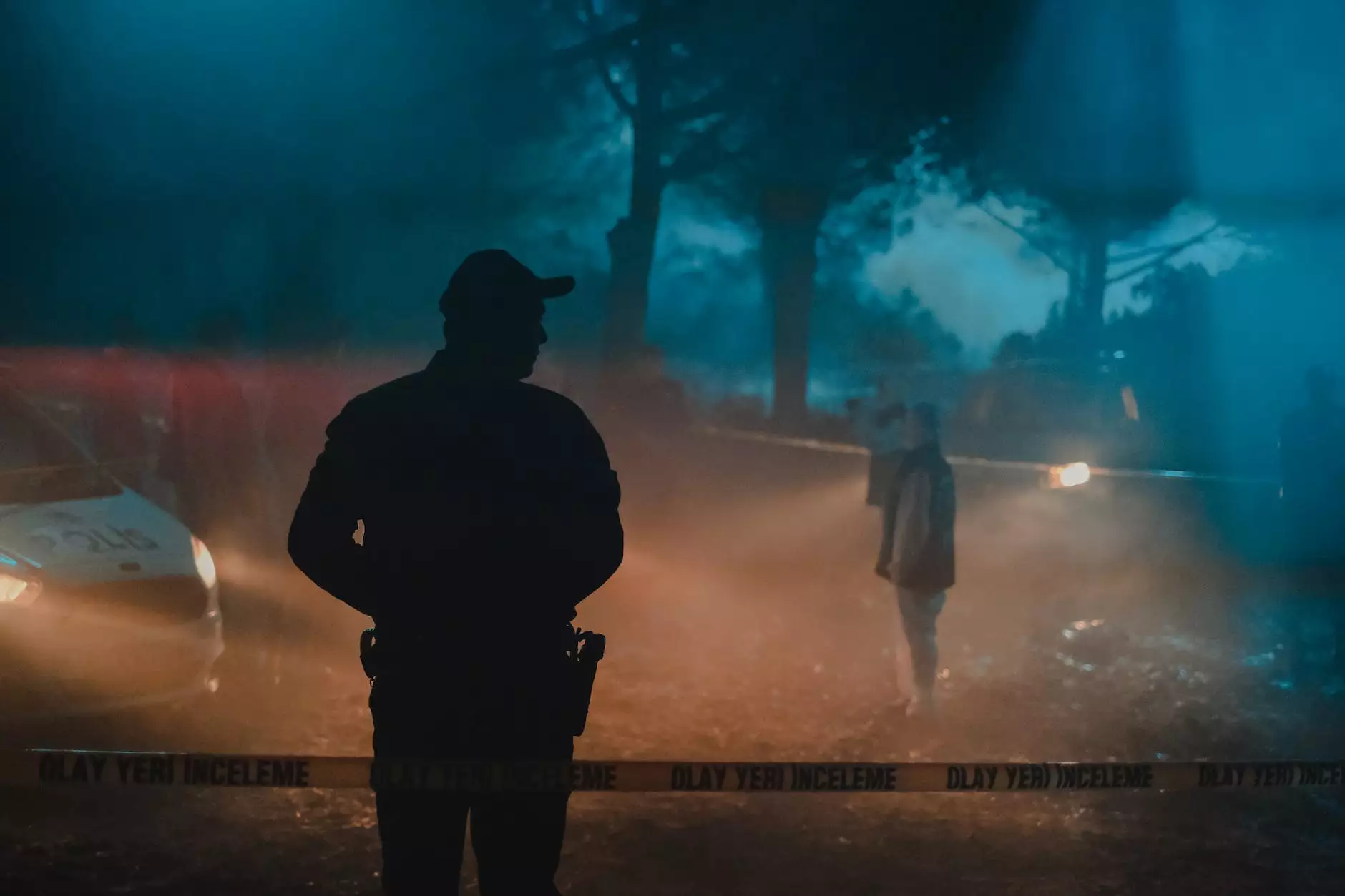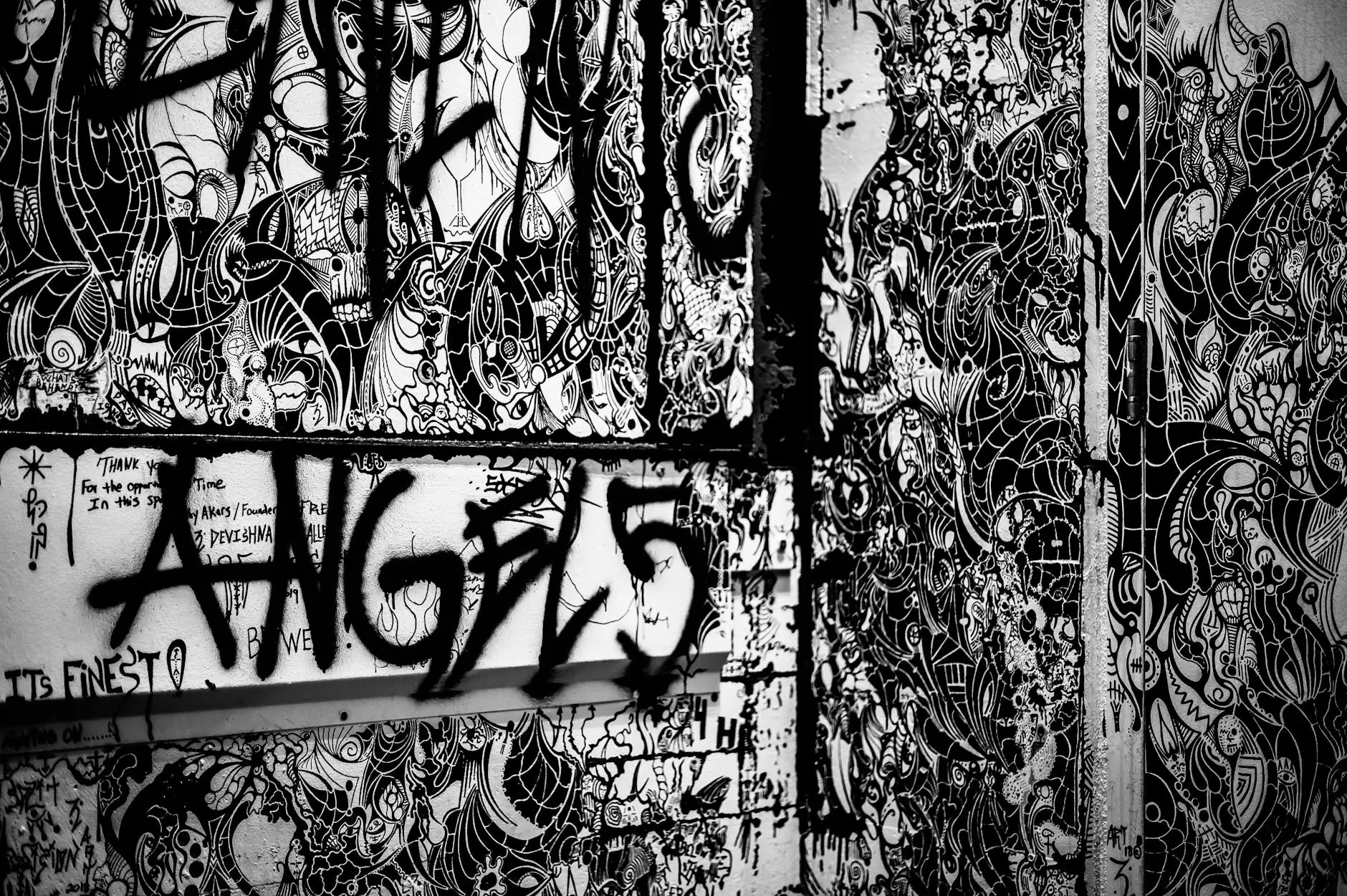Legal Issues Surrounding Drone Operation And Use

Introduction
Drones, also known as unmanned aerial vehicles (UAVs), have gained significant popularity in recent years. These versatile devices are used for various purposes, including photography, videography, surveillance, delivery, and more. However, as with any technology, legal considerations must be taken into account when operating and using drones.
Regulatory Framework
The operation and use of drones are subject to numerous regulations set by governmental authorities to ensure safety, privacy, and security. These regulations may vary from country to country, and it is crucial to stay informed about the specific laws and restrictions in your jurisdiction.
1. Registration and Licensing
In many jurisdictions, drones weighing above a certain threshold need to be registered with the appropriate aviation authority. Additionally, pilots flying drones for commercial purposes may require specific licenses or certifications to comply with regulatory requirements.
2. Airspace Restrictions
Drones operate in shared airspace, along with manned aircraft. To prevent accidents and maintain order, designated airspace restrictions are enforced. These restrictions may include no-fly zones around airports, military installations, sensitive areas, and certain public events.
3. Flight Regulations
Specific flight regulations may govern drone operations. These regulations might include altitude limits, visual line-of-sight requirements, time of operation restrictions, and restrictions on flying over crowded areas. Understanding and adhering to these rules are essential to avoid legal consequences.
4. Privacy and Data Protection
Drones equipped with cameras raise concerns about privacy and data protection. Recording or capturing images of individuals without their consent may infringe upon their privacy rights. Special care must be taken to ensure compliance with applicable privacy laws and regulations when using drones for surveillance or photography purposes.
Legal Liabilities
Operating drones irresponsibly or negligently can lead to legal liabilities. It is crucial to be aware of potential legal consequences and take necessary precautions to avoid any legal issues that may arise.
1. Accidents and Damages
Accidents involving drones can lead to property damages, injuries, or even fatalities. If a drone operator fails to exercise reasonable care and causes harm, they can be held liable for the damages. Understanding insurance requirements and obtaining appropriate coverage can help mitigate potential liabilities.
2. Invasion of Privacy
Using drones to invade someone's privacy by recording or capturing images in private areas can result in legal consequences. Violating someone's reasonable expectation of privacy can lead to lawsuits and penalties.
3. Intellectual Property Infringement
Using drones for commercial purposes, such as aerial photography or cinematography, requires proper authorization to avoid intellectual property infringement. Capturing copyrighted content without permission can lead to legal action and financial repercussions.
Conclusion
Operating drones legally requires a comprehensive understanding of the laws and regulations governing their use. Baytowne Reporting provides the resources and guidance necessary to navigate the legal complexities surrounding drone operation and use. By staying informed, taking necessary precautions, and adhering to regulatory requirements, drone operators can enjoy the benefits of this exciting technology while minimizing legal risks.




